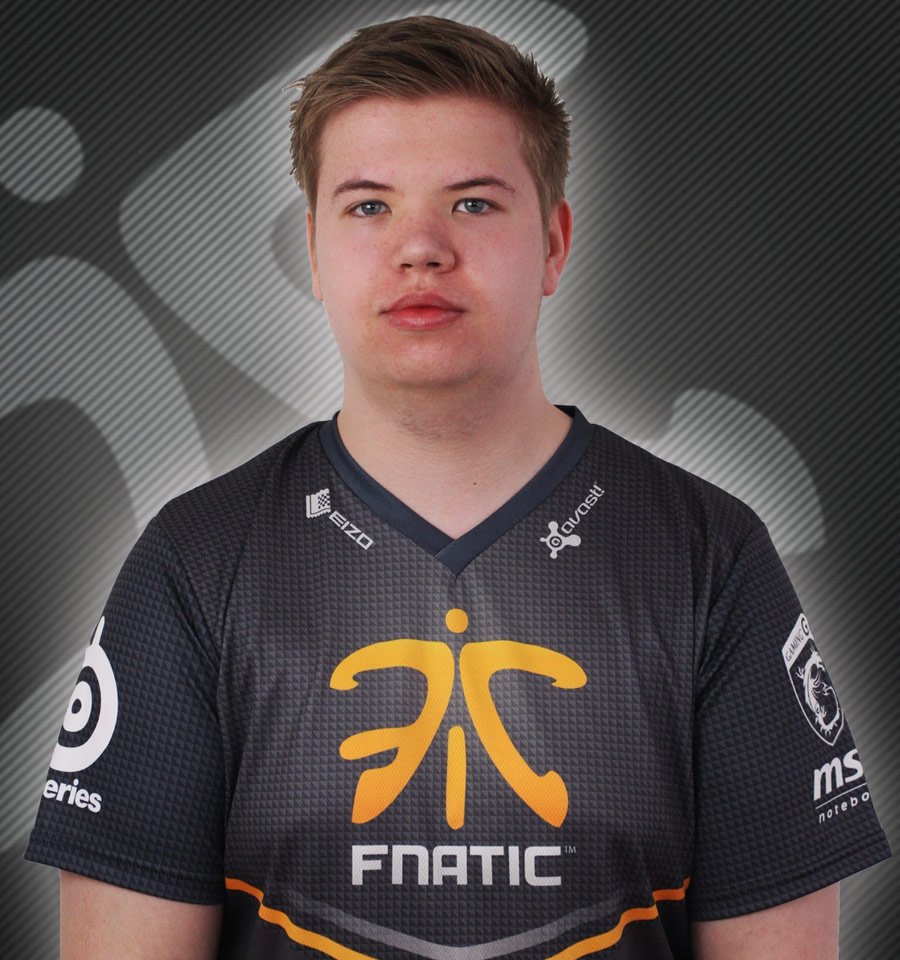 Biography
Biography
Jesper “JW” Wecksell (born February 23, 1995) is a Swedish professional Counter-Strike: Global Offensive player and former Counter-Strike 1.6 player. He is known for his wildly aggressive style of play while using the AWP. He is currently the hybrid AWPer for Fnatic.
jw’s first major team was Epsilon eSports, where he finished in 2nd place at DreamHack Summer 2013 and E-Sport SM 2013. Both tournaments occurred in the same venue on the same weekend, and had Epsilon losing to Ninjas in Pyjamas in both Grand Finals. On July 24, 2013, Epsilon eSports parted ways with the CS:GO squad due to the organization “shifting priorities and venturing into new territory”. On August 6, 2013, fnatic sign the former Epsilon roster. They proceed to win DreamHack Winter 2013 over Ninja in Pyjamas.
jw and fnatic had a rough start to 2014, placing outside the top 4 at EMS One Katowice, Fragbite Masters and Copenhagen Games. After their win at E-Sport SM 2014 and a roster change, the team’s results improved drastically in both online and LAN environments, with the exception of a 5th-8th placement at DreamHack Winter 2014.
fnatic had a dominant performance throughout 2015, winning most of the major LAN events or at least placing top 4. At the end of ESL One Cologne 2015, flusha, jw, and pronax became the top 3 players in terms of prize money won in CS:GO, surpassing the Ninjas in Pyjamas players.
CS:GO
CS:GO Counter-Strike: Global Offensive (CS:GO for short) is a computer game from the genre of online tactical shooters. It was developed by Valve and Hidden Path Entertainment and is the fourth part of the Counter-Strike series. The game was released on August 21, 2012 for Windows, Linux, macOS, Xbox 360 and PlayStation 3. A release for the PlayStation 3 in Europe failed to materialize for unknown reasons. Global Offensive achieved a Metascore of 83 points. Since September 14, 2017, Counter-Strike: Global Offensive has also been available in China via the Perfect World client. In December 2018, the game was switched to a free-to-play model, which drew criticism.





 Biography
Biography